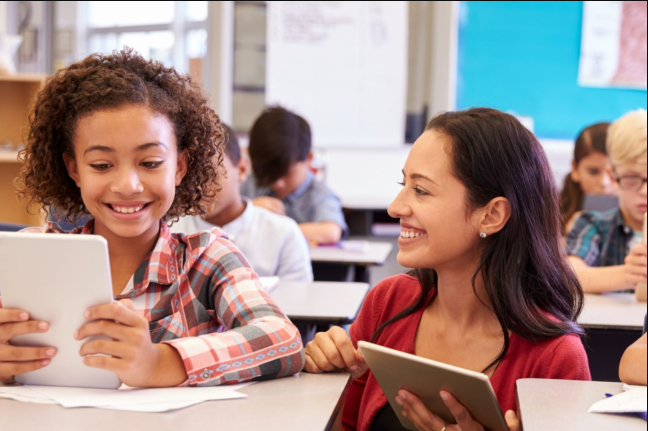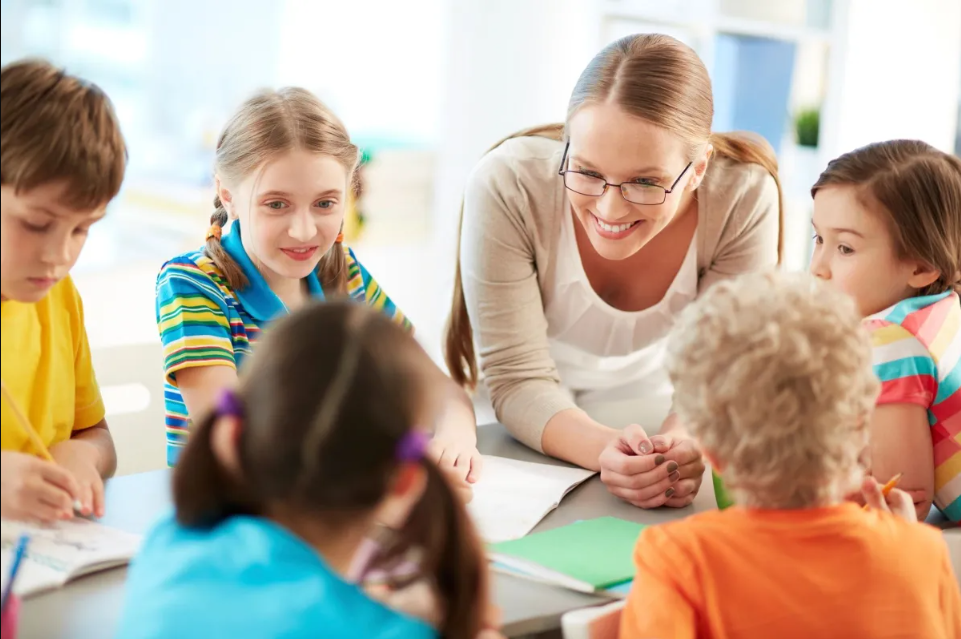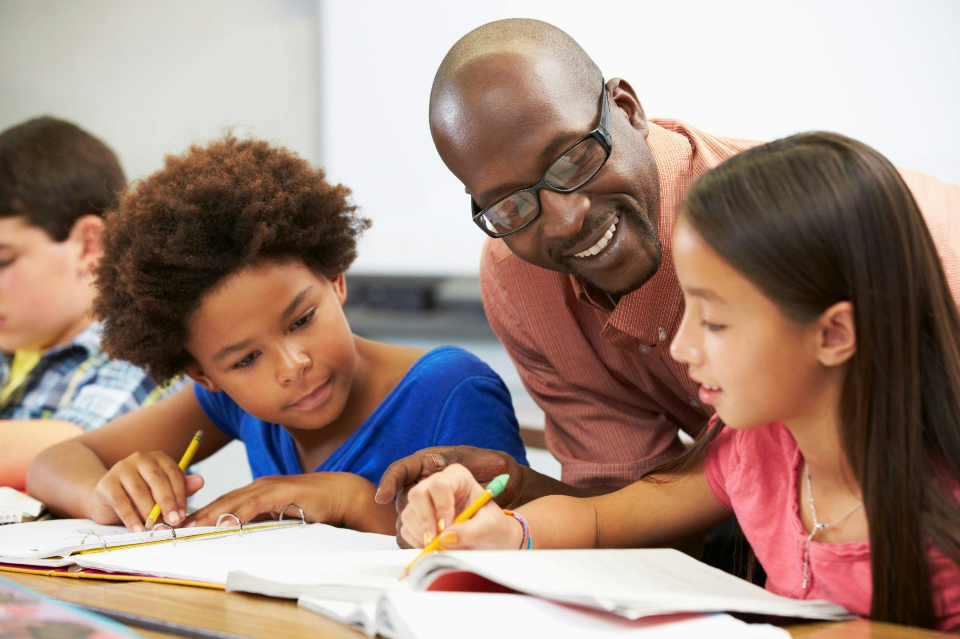Beyond Grades: The Importance of Social-Emotional Learning in Schools
In today’s dynamic and ever more complex world, the conventional achievement of high academic grades is no longer sufficient to measure how much knowledge and skill students have learned for their lives outside class.Perhaps nowhere better than in the cultivation of basic abilities such as emotional intelligence, resilience, and interpersonal relations, has Social-Emotional Learning (SEL) become a necessary part of schooling.Introduce SEL into the school curriculum, can we not still develop people capable of learning, but people with more humanist traits?
What is Social-Emotional Learning (SEL)?
Social-Emotional Learning (SEL) is a framework for teaching five areas of key skills: self-awareness, self-management, social awareness, relationship skills, and responsible decision-making. These competencies help students comprehend and manage their own emotions, establish and attain positive goals; show empathy for others; establish and maintain positive relationships; and make responsible decisions.
SEL’s Role in Personal Development
Self-Awareness and Self-Management Become more self-aware, and students will learn to understand their own emotions, thoughts and values. They will also understand how these inner forces act upon their behavior. This enhances self-confidence, making it possible for students to feel they are competent, in some areas masterful and looking for growth. In contrast, self-management means managing one’s own emotions, thoughts and behavior in an effective manner according to the situation. This includes skills such as dealing with stress, resisting temptation, motivating oneself– all things essential for personal well-being and academic success.
Social Awareness and Relationship Skills Social awareness means students will be able to recognize emotions of other people; show respect for diversity and experience cross-cultural empathy; maintain some concept of fairness and justice, the importance of which today is particularly evident in a global setting. Relationship skills help individuals develop and maintain healthy, satisfying relationships through open communication, cooperative problem-solving and conflict resolution. These abilities form the basis for any teamwork between people, something treasured more and more in both personal and work life.
Decision Making with Responsibility
Responsible decision making means making good ethicaldecisions, which one takes in relation to one’s own and other people living. This means weighing up factors such as your welfare as well as others ‘; what effect will actions may have on them?; what alternatives lie open before your feet under different conditions.But to navigate the intricacies of contemporary life, this is a necessary skill; it allows us to appreciate different perspectives and voices. It provides the foundation for making worthwhile contributions that will be heard and respected by others.
Research has shown that SEL can enhance academic achievement. By establishing a positive classroom climate which promotes student involvement and interest, it can cultivate the sort of intellectual ethos that is seen in more expensive schools. When students are understood, appreciated and supported by their environment, they are more likely to take part in their own education, with positive consequences for how well they do educationally. SEL also helps develop quick-thinking and problem-solving abilities–essential if one is to succeed in today ‘s schools.
Leads to Higher Academic Performance
According to research, SEL can improve academic performance. By creating a positive learning environment that encourages student involvement and motivation in the study of subjects like science or history, it encourages the sort of intellectual culture one usually finds in top-ranking institutions of higher learning. When pupils are understood, appreciated and endorsed by their surroundings, they can hardly help becoming more active agents in their own education. SEL, moreover, enhances students’ ability to think critically and solve problems–a priceless asset for any school career.
Emotional Wellbeing Enhancement In the emotional aspect, SEL programs contribute to students leading better lives. This includes help on how to cope with stress, anxiety, and other emotional problems. Through social-emotional skills, students can handle their own feelings better which boosts their mental health levels and allows them to lead lives far more satisfying than might otherwise have been possible. These benefits extend well beyond the classroom to helping students start cancers lives.
Abandonment and Reducing Bullying Bringing SEL into schools creates a more inclusive school atmosphere which is more respectful for all members. Students who can empathize with others, and who are effective communicators, will not engage in bullying behavior. Instead they are likely to solve conflicts between individuals peacefully. Positive social interaction leading to positive social structures, builds a supportive student community where students feel safe and connected. SEL is needed within the curriculum, as a separate program would be too specific for teachers’ use. It could be much better introduced by having SEL principles crop up throughout a given class session. That way all subject matter could reflect SEL, no matter what wide-ranging material children were studying. Teacher training is very important in all of this, coming at the beginning of SEL as teachers who show good social-emotional skills and carry out mutual respect are absolutely necessary “tools”.
Communities and Family Engagement Involving families and communities Just what can be achieved by bringing families and community organizations closer to the scene! Parents can further teach their children SEL at home, while at the same time community organizations offer further help and resources. By working together, students not only receive consistent messages. They also have on tap a variety of venues to practice their SEL skills.
Closing Remark
So here comes the question: does social-emotional learning deserve attention and resources as much, if not more, than academic instruction? Moving beyond simply looking at test scores, SEL takes a child into the big wide world, full of difficulties. It also helps young people build up an inner strength and unwavering belief in themselves if they are ever down. They have learnt how to make good relationships, marry well meet the challenges of society. As schools increasingly catch onto the importance of SEL today, tomorrow’s generation is laying down roots for balanced, enjoyable and successful lives in the future.










